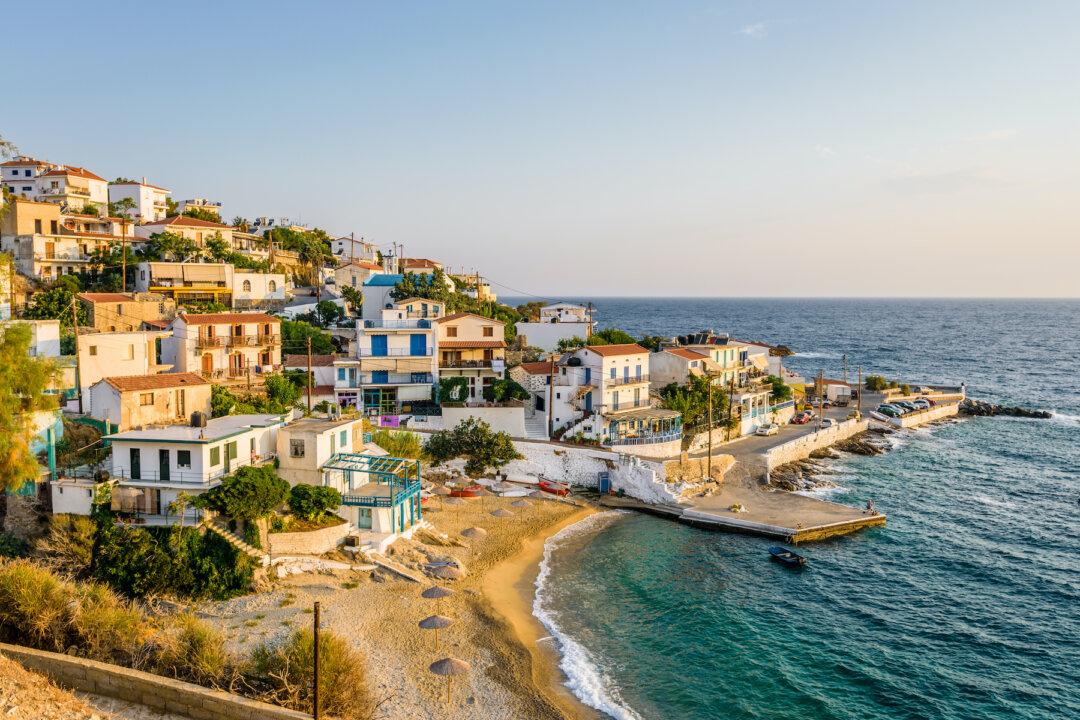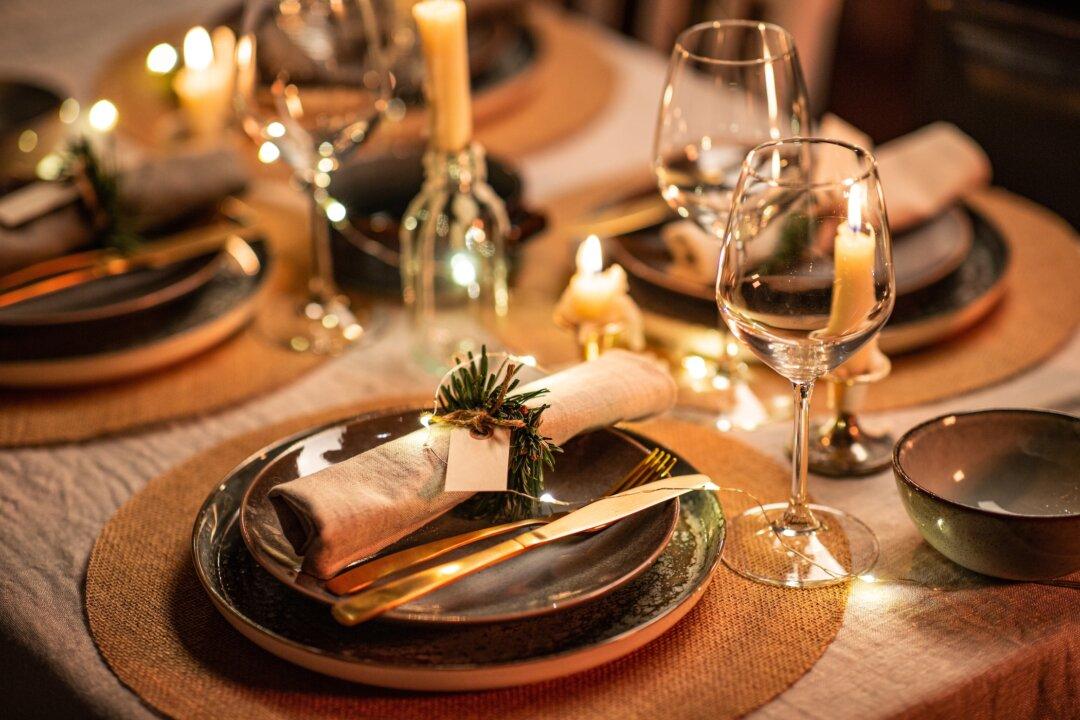Diane Kochilas says that the minute she sets foot on Ikaria, she feels at peace. The award-winning TV show host, cooking teacher, and author of more than a dozen books on Greek cuisine spends her time shuttling between New York, Athens, and this Greek island in the Aegean Sea, a seven-hour ferry ride from Athens.
“All the hours I have spent getting there, all the annoyances I might have encountered along the way dissolve immediately. My face softens; my shoulders drop. I am filled with the belief that everything is fine,” she said.





